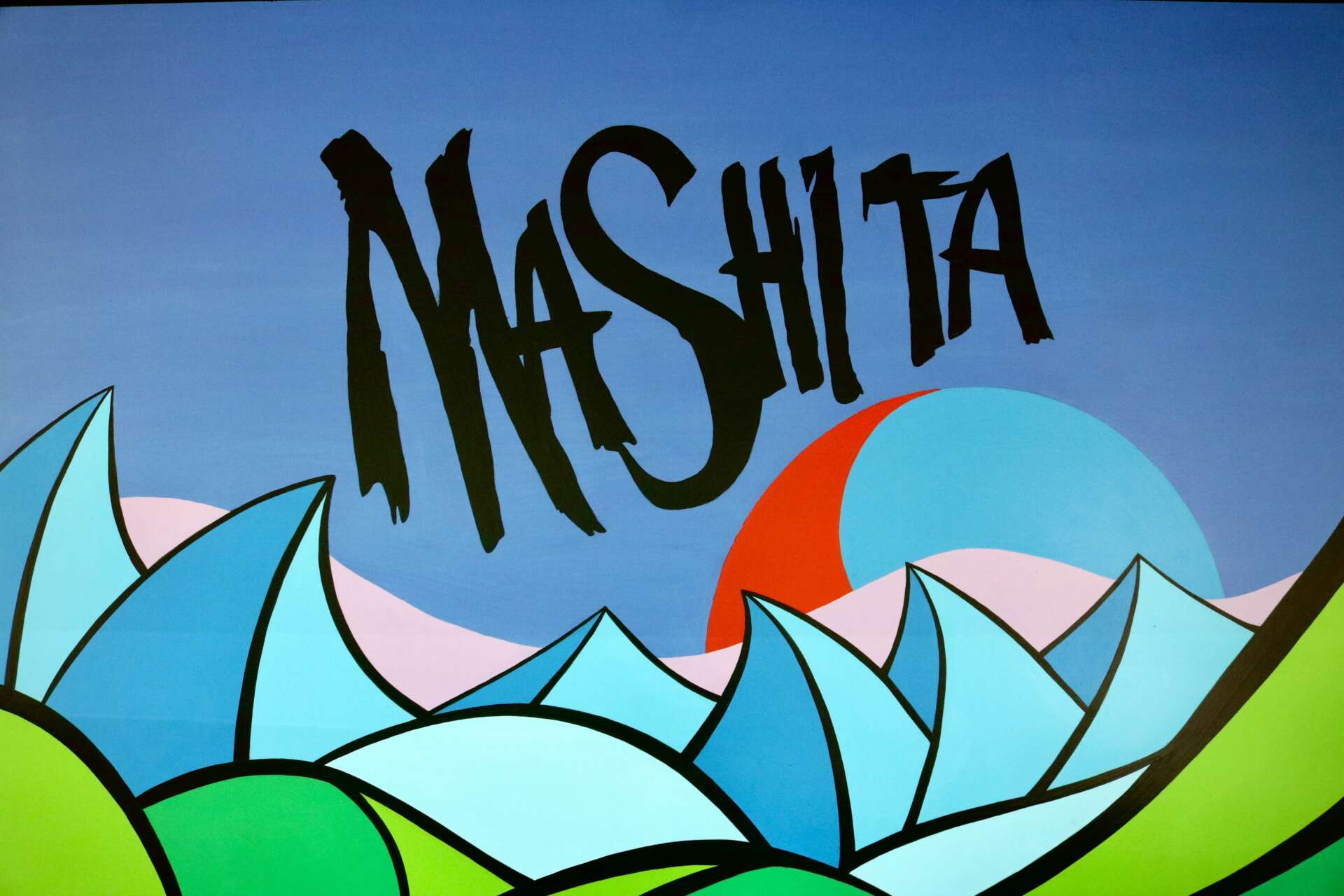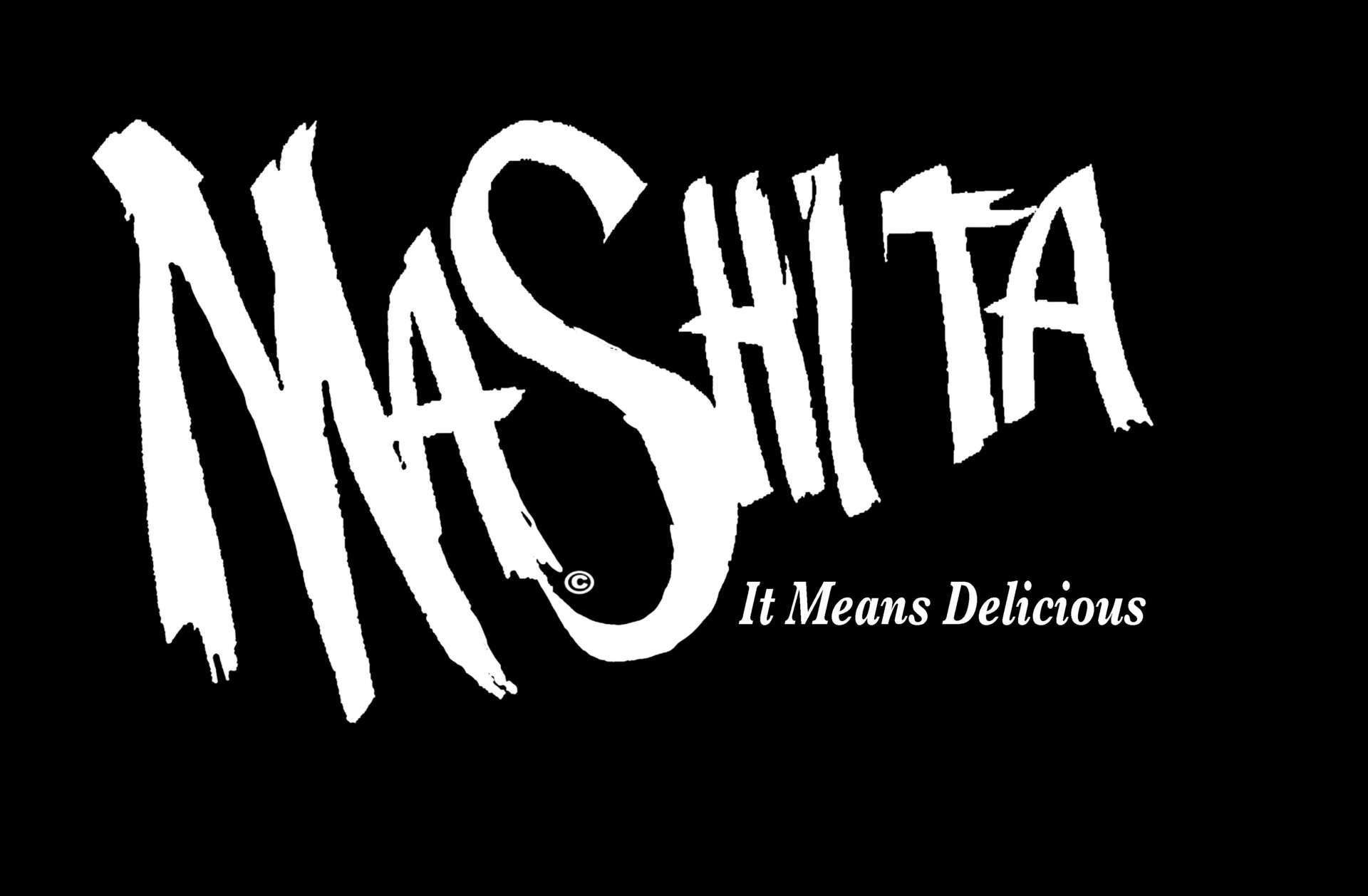We recently connected with Mikey Reisenberg and have shared our conversation below.
Hi Mikey, thanks for joining us today. One of the toughest parts of scaling a business is maintaining quality as you grow. How have you managed to maintain quality? Any stories or advice?
My restaurant originally started as a food truck in 2013, and over the previous ten years, we have experienced a little bit of everything the food service industry can throw at you. Maintaining quality during the early years was simple, but far from easy. My staff only consisted of myself, my sous chef, and one other individual who has since been promoted to our catering director, and our small staff was able to handle every aspect of sourcing, prepping, and final execution ourselves. Every problem was an opportunity to learn and better ourselves, and the three of us tackled every problem together. The real life experience of dealing with daily problems, and running into the end of year problems that occur due to the lack of discipline to maintain a standard throughout the year is invaluable. Keeping our staff small during the early years ensured that the three original members of the business were able to become experts in logistical planning, menu development, and creating solutions to problems, while also providing a foundation for our confidence as managers once our team grew and expanded.
In addition to exhaustively training our tiny staff, we made sure to utilize digital methods of organizing and curating data, recipes, and client lists in order to provide a consistent method to our business model. Google Suite applications, including Gmail, Google Drive, and Google Calendar have been indispensable tools that we have employed for many years, and it has helped us keep clear and effective lines of communication open, while also codifying many of our recipes and processes in a manner that is accessible and consistent. We moved towards digital apps for information and data after our dated pen and paper method proved to be unreliable, whether due to handwriting issues, lost or trashed notes, and moisture stains, and it has helped us focus on forward movement rather than looking behind us as we push forward blindly.
Our food truck business expanded in October 2019 and required an in depth assessment of our business infrastructure, methods, recipes, and staffing. Maintaining quality at this stage was one of the most difficult. Hiring new staff presented challenges due to their lack of experience, and we found that communicating and distributing our corporate culture to new hires was an imperative measure for the business’ success. We learned very quickly that not every new team member is as dedicated to the success of the operation as the original three members of the business, so we made efforts to codify our corporate culture in a hiring manual that is given to every new team member in hopes that they learn a bit about the business and our mission. We try to treat our staff with respect and integrity, whether through clear means of communication, investing time and energy in their training and personal development, or by providing opportunities for certification and education at our expense. Our hope is that these individuals will then respect us, respect the business, and make efforts to better the operation, even if that means a little extra effort or energy to do so. We love our people for doing their best every day, and we respect those that can admit to making a mistake that can impact our final product, but we all do it, and I make sure to humble myself in front of the staff in order to teach humility. Showing genuine respect for our staff has helped to limit scenarios that cause quality hiccups, and it’s naive to think that we can operate an establishment that won’t make some slip ups.
For those new to the industry, or starting their own business, I recommend you find a team of people that you can trust, not only to work hard with you, but also to share your vision and grow with you. My managers have been sent to management training courses, endured long lectures from me as the owner, and spent many many hours in the restaurant and on the food truck learning how to be the best at their jobs, and we all continue to learn and grow each day.


Awesome – so before we get into the rest of our questions, can you briefly introduce yourself to our readers.
Our chef and owner, Mikey Reisenberg was born in Seoul, South Korea in 1986 and was adopted at a young age into a Caucasian family here in the Shenandoah Valley. Mikey’s family introduced him to the culinary arts through home cooked meals, family reunions that emphasized friendly competition for the tastiest dish, and a mentality that embraces new experiences. Mikey learned his craft from family, culinary literature, and talented chefs who have shared their knowledge, and now loves to learn, teach, and produce. It came as little surprise to friends and family when he developed a plan, budget, and set of blueprints to start a business of his own. Mashita began formal operations as a food truck on September 10, 2013, and has earned multiple awards since its inception. In 2019, at the age of 33, Mikey expanded Mashita into a full-service restaurant located in downtown Harrisonburg with the hopes of growing their reputation for serving delicious Korean inspired foods.
Mikey grew up in Harrisonburg, VA, attending Turner Ashby High School before earning a degree in history from James Madison University. Coming from a family of entrepreneurs, Mikey first became interested in the culinary arts while working for his family’s various businesses, where there was always a strong emphasis on community, relationships, hard work, and the idea that food nourishes the soul and body. Mikey credits his mother and father for his passion, work ethic, and foundational cooking knowledge, that became the building blocks for his own learning. Family dinners focused around home-cooked meals, family reunions were rooted in a friendly competition for the tastiest dish, and any opportunity to try something new was embraced. Now, Mikey is defined by this philosophy, eagerly seeking the knowledge of other skilled chefs and passionately striving for the highest possible quality of food and service.
As an avid home chef, Mikey would prepare extravagant meals for friends and family after working shifts in locally owned restaurants. These dinners allowed Mikey to explore, experiment, and apply knowledge, while enabling him to develop a culinary identity and style. Most dishes had French influences, whether through technique or process, and many experiments attempted to blend Korean cooking styles with French techniques for, what Mikey calls, a “more refined or inspired experience”. Mikey considers himself blessed to have worked with the team at the Joshua Wilton House, who helped him develop his cooking style, while attributing his flavors to the cultural influence of being adopted from South Korea. Now, Mikey finds inspiration from all manners of experience, and loves offering dishes that he grew up eating, with Korean spins or updated techniques. Mikey is defined by this philosophy, eagerly seeking the knowledge of other skilled chefs and passionately striving for the highest possible quality of food and service.
Now, after ten years, Chef Mikey is determined to take his business even further, by focusing on the needs of his team and encouraging their growth in order to continue the growth of the business. As a new father, Mikey has learned to delegate more so as to focus on following the addage of “working on the business” instead of “in” the business. He takes great pride in teaching his team and has even offered cooking classes to the public. Mikey believes the food industry is looked down upon by many and hopes that the stepping stone that is the food industry can also be considered a legitimate career path, if one is dedicated to finding the right company, or creating one themselves. Chef Mikey hopes to change the perception the best way he knows how, by focusing on his team, his product, and his customers.

Have you ever had to pivot?
Covid was hard on everybody, but restaurants were hit especially hard. Luckily for us. we had extensive experience in providing meals in a “to-go” format because of our time as a food truck before opening our restaurant. All the restaurants we knew were shifting gears and trying to change their menus over to things they could serve in styrofoam, paper, and recycled plastic boxes. We were able to shift quickly from serving on plates to boxing items to go, but eventually, the consistency in takeout dwindled and we were looking for other options to keep cash flow going. We thought long and hard about how our small community might react to a good deed, and took the advice of a good friend to start a charitable program that we called “#GiveSsam”. We encouraged the public to buy gift certificates online and redeem them for boxed lunches and catered foods to local frontline workers in healthcare, grocery, and essential convenience establishments in our area. Overall, we were able to generate thousands of dollars and serve thousands of items to people over an 8 month span. It was a wonderful and clever way to keep cash flow going, our staff employed with full pay, and the restaurant going until things calmed down a bit to reopen.

We’d love to hear a story of resilience from your journey.
When we first opened the food truck, we had high hopes that the only thing that could possibly break down was the kitchen that my friends and I had built. As it turns out, our food truck was the first thing to break down in a serious way, and it almost cost us the entire business. After three years as a food truck, with mobile operations beginning to pick up, catering jobs coming in, and a solid local reputation taking hold, our exhaust coughed up black smoke and the noises coming from under the hood sounded alarms in my head. We eventually found out the noises and black smoke meant we had blown our engine, and we wouldn’t be able to continue operations without getting the food truck repaired. We bounced from shop to shop looking for someone to take on the task of pulling our old diesel engine and replacing it with a remanufactured engine we had purchased from an online retailer. We spent a total of five months broken down and we thought Mashita was over. The only thing that saved us was the determination to succeed, which led us to pursue opportunities that we normally wouldn’t have done. We set up a canopy with a table and a tiny griddle to cook at events, we did private in home catering jobs, and we continued to market and advertise the business as though we would be coming back for sure, even though we weren’t positive. All in all, when we did return, we were met with a warm welcome back by our customers and we were able to push through that time. If we hadn’t stayed the course and fought for the dream, we never would have made it past year three.

Contact Info:
- Website: eatmashita.com
- Instagram: @eatmashita
- Facebook: https://www.facebook.com/mashitarestaurantva/
- Twitter: @eatmashita
Image Credits
Paul Somers Brandy Somers Jake Woetzel


